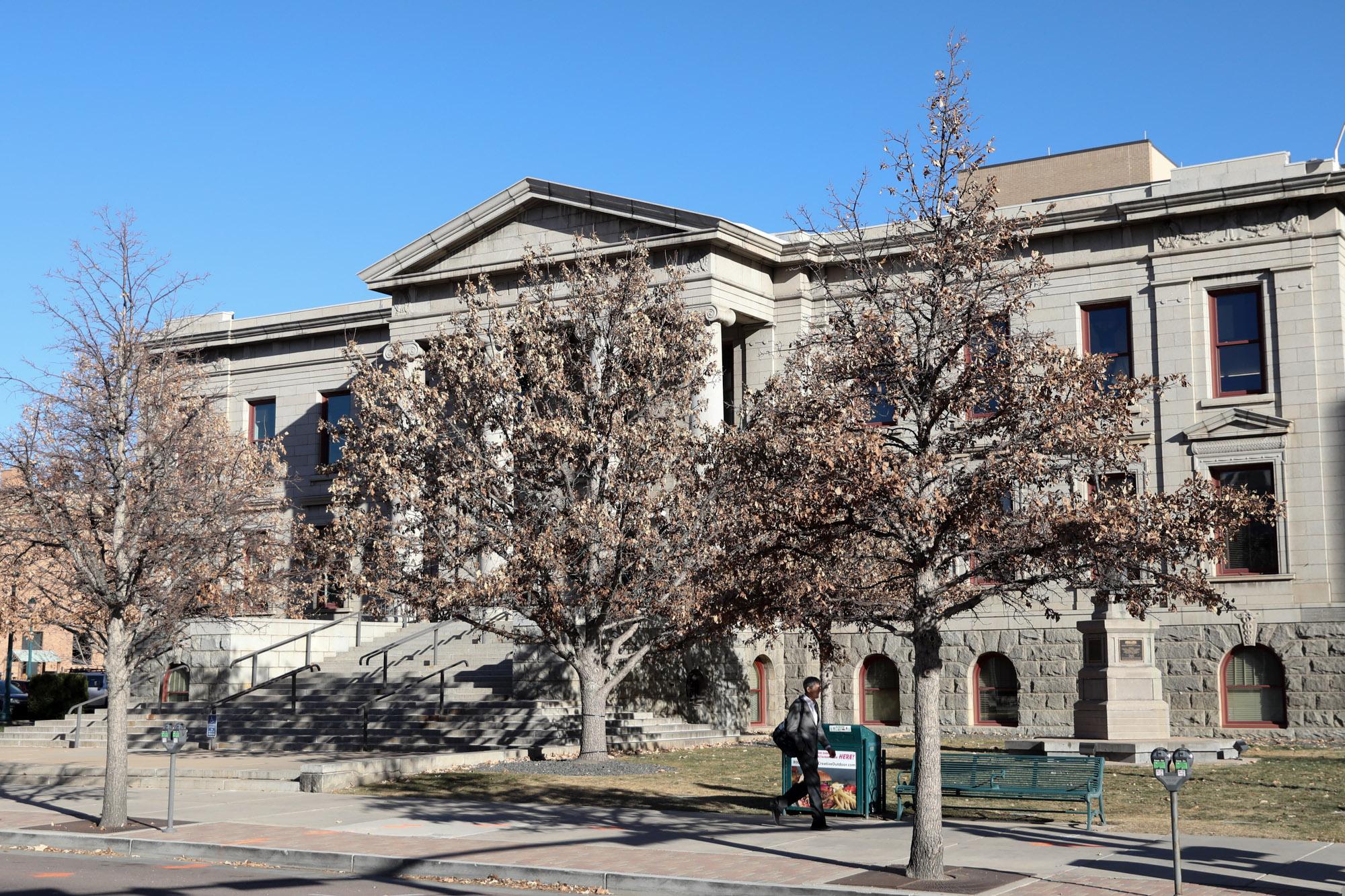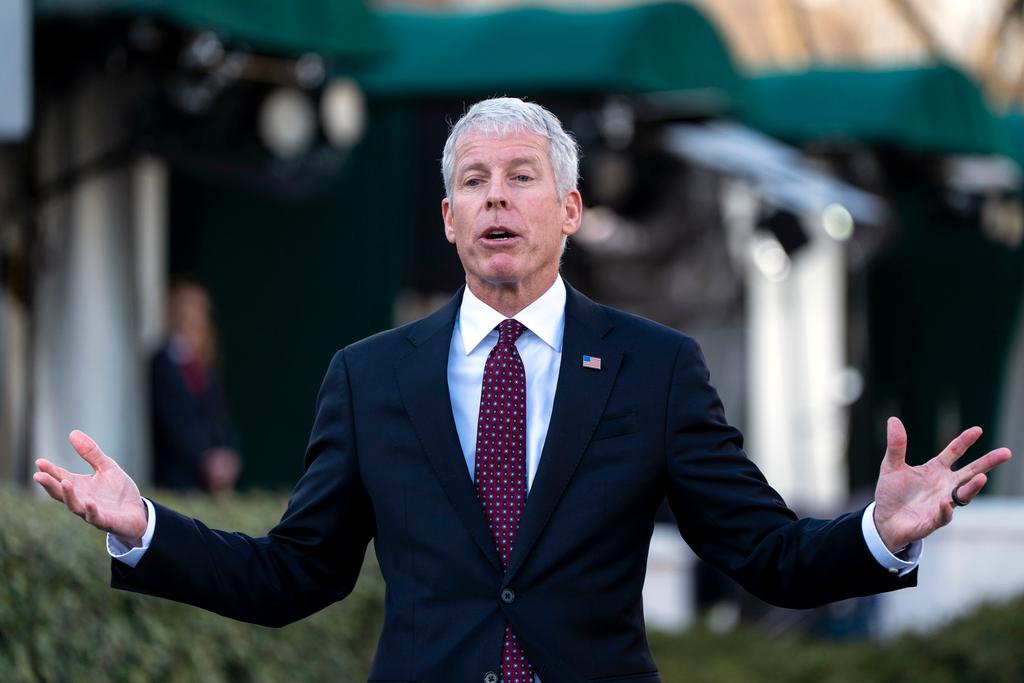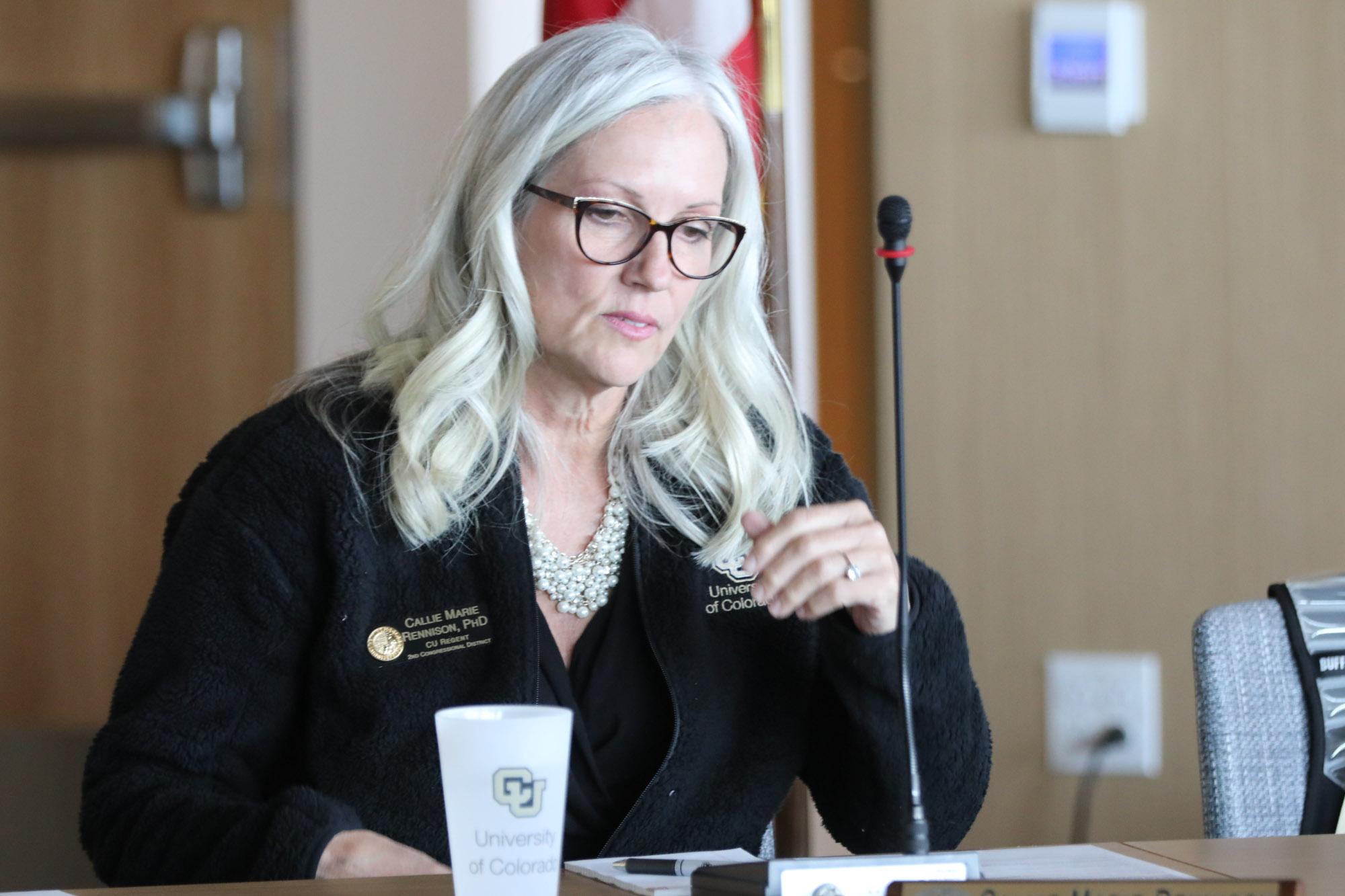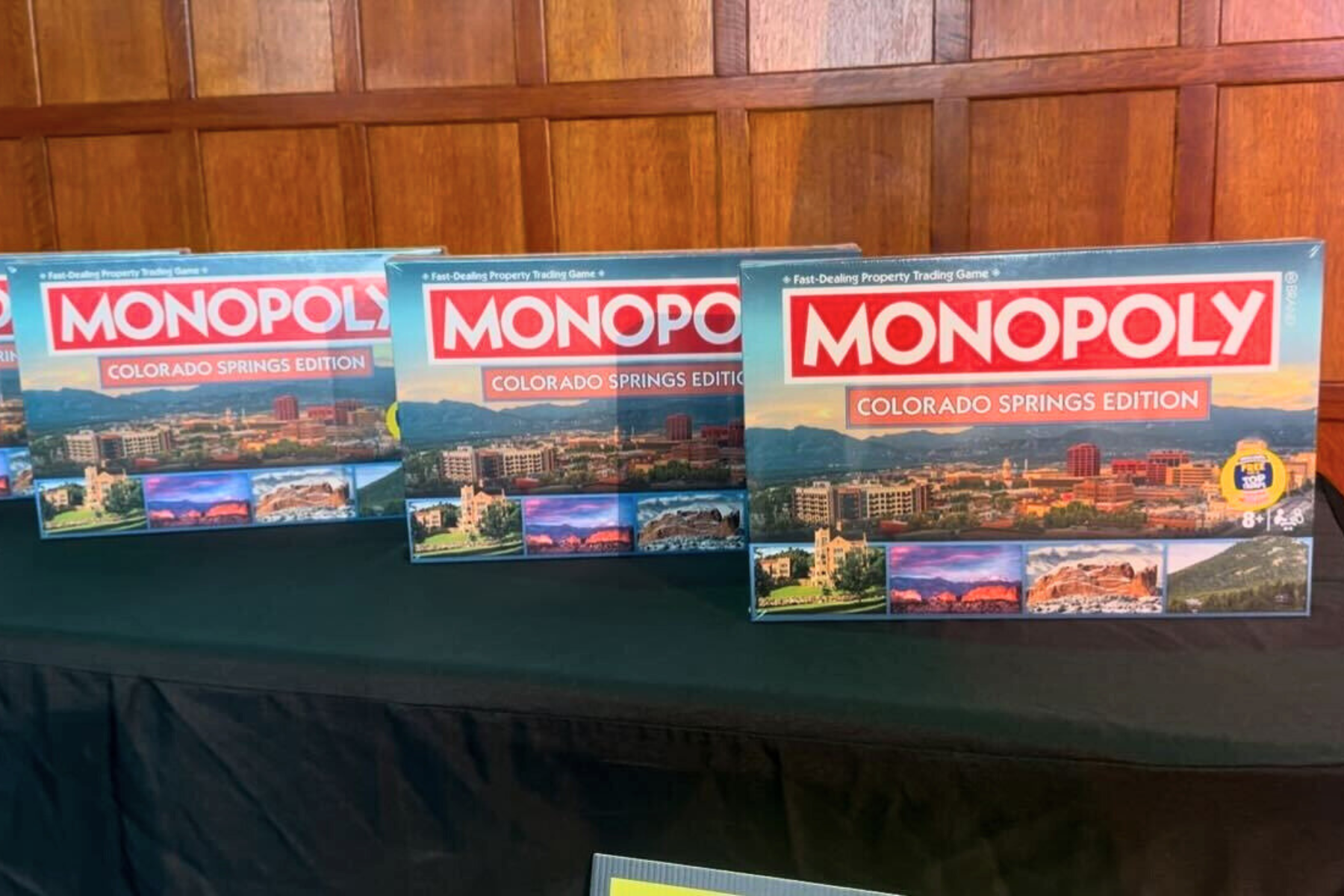
The Pikes Peak Rural Transportation Authority, or PPRTA, is a collaborative effort between Colorado Springs, Manitou Springs, Green Mountain Falls, Ramah, Calhan and unincorporated El Paso County. It utilizes a one-cent sales tax to fund transportation projects in the region.
All possible projects funded by the tax must be included in writing on the ballot to receive PPRTA tax money, and the portion of the tax used for large capital projects must be renewed every ten years.
Fifty-five percent of revenues pay for one-time capital projects; 35 percent of the funds go toward maintenance projects; and the remaining 10 percent is put toward transit. Voters initially approved the tax in 2004, and extended it in 2014.
The ballot measure being considered this November would extend the capital projects tax through 2034.
Here’s the language you’ll see on the ballot:
WITHOUT INCREASING TAXES, SHALL THE EXISTING 0.55% (FIFTY-FIVE ONE HUNDREDTHS OF ONE PENNY PER DOLLAR) PIKES PEAK RURAL TRANSPORTATION AUTHORITY’S (PPRTA) SALES AND USE TAX, WHICH SUNSETS ON DECEMBER 31, 2024, BE EXTENDED TO SUNSET DECEMBER 31, 2034 FOR THE PURPOSES OF FUNDING REGIONAL TRANSPORTATION CAPITAL IMPROVEMENTS (100% OF NET REVENUE) AS SPECIFIED IN THE FOLLOWING VOTER-APPROVED LIST OF SPECIFIC REGIONAL TRANSPORTATION CAPITAL IMPROVEMENTS AS HEREBY AMENDED:
How would it work?
If the ballot measure passes, it would extend the existing capital projects tax through 2034. The measure would not increase taxes, as the tax is already in effect.
Colorado Springs City Council has endorsed more than 160 projects for the November ballot measure. A few examples are as follows*:
- Midland Trail improvements
- City-wide traffic signal improvements
- Bikeway improvements
- Pikes Peak Greenway improvements
- Patty Jewett Trail construction - Cache la Poudre to Patty Jewett Golf Course
- Bridge improvements
*A full list of the projects is available here.
Who’s for it?
At a press conference earlier this year, government officials from Colorado Springs, Manitou Springs and El Paso County asked voters to approve the measure.
Colorado Springs Mayor John Suthers said the PPRTA is the only source of funding that will allow officials to meet the transportation needs of city and county residents, according to the Colorado Springs Business Journal.
“If we don't have PPRTA we simply cannot keep up with the growth in our community, have the necessary expansion projects and congestion reduction projects,” Suthers told the Business Journal.
At the same press conference, El Paso County Commissioner Carrie Geitner also spoke in support of the continued tax. According to Fox 21, Geitner has consistently opposed new taxes, but she said this one is different.
“I have and will continue to fight back against overreach from big state government spending, but PPRTA is the tool that protects citizens from those who dictate funding from our state,” Geitner said.
Former Colorado Springs City Council member Richard Skorman was part of the original push for the tax in 2004. He still supports the measure, as reported by Fox 21.
“It’s just as important today, in fact, it’s more important,” Skorman said at the press conference. “I left my apron back at the business and I want to support this as much as I can, I don’t think there’s anything more important for our community.”
In the annual PPRTA report, board chair Holly Williams described the $85 million spent in 2021 as "local money invested directly into our roads and transit system, creating jobs for our neighbors, and improving the efficiency and safety of the roads and bridges for the citizens of the Pikes Peak Region."
Williams currently serves as El Paso County Commissioner for District 1.
Who’s against it?
Laura Carno and Rebecca Marshall operate springstaxpayers.com. The group says its mission "is to protect the taxpayers of Colorado Springs and El Paso County by asking the hard questions and demanding truth and accuracy from our government."
Carno, who no longer lives in the region, cites high inflation rates and misuse of PPRTA funds in the group's argument against the measure.
"Our preference would be that all of the people who are in charge of these big budgets, that they sit down together and say, 'How do we give taxpayers some relief?' Carno said. "As opposed to, 'Let's get this thing renewed and use that money for projects without taking absolutely everything into consideration. Because there's lots of money out there."'
Carno also expressed concern over past PPRTA money utilized for bike lanes in Colorado Springs along with a lack of engagement with communities affected by the projects.
"Not all projects are disclosed in the ballot language, so you don’t know what may be coming to your neighborhood," she said. She pointed to one of the individual projects included in the ballot measure, described as "congestion and incident management - phase 1." Carno said the language is vague, unclear and lacks transparency.
"I pay a lot of attention to what's going on in Colorado Springs. I don't know what that means," Carno said.









